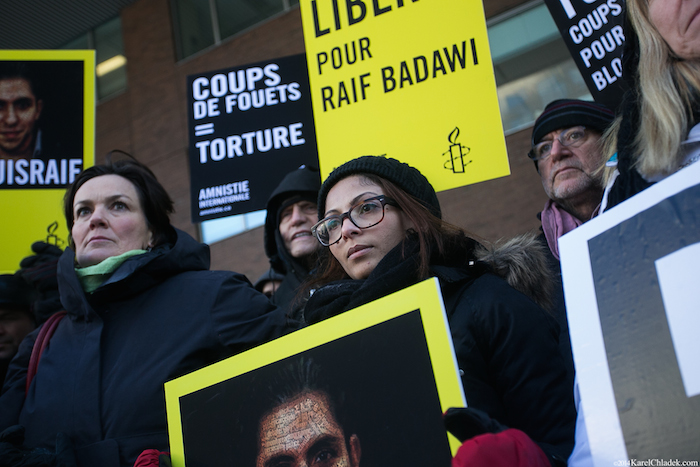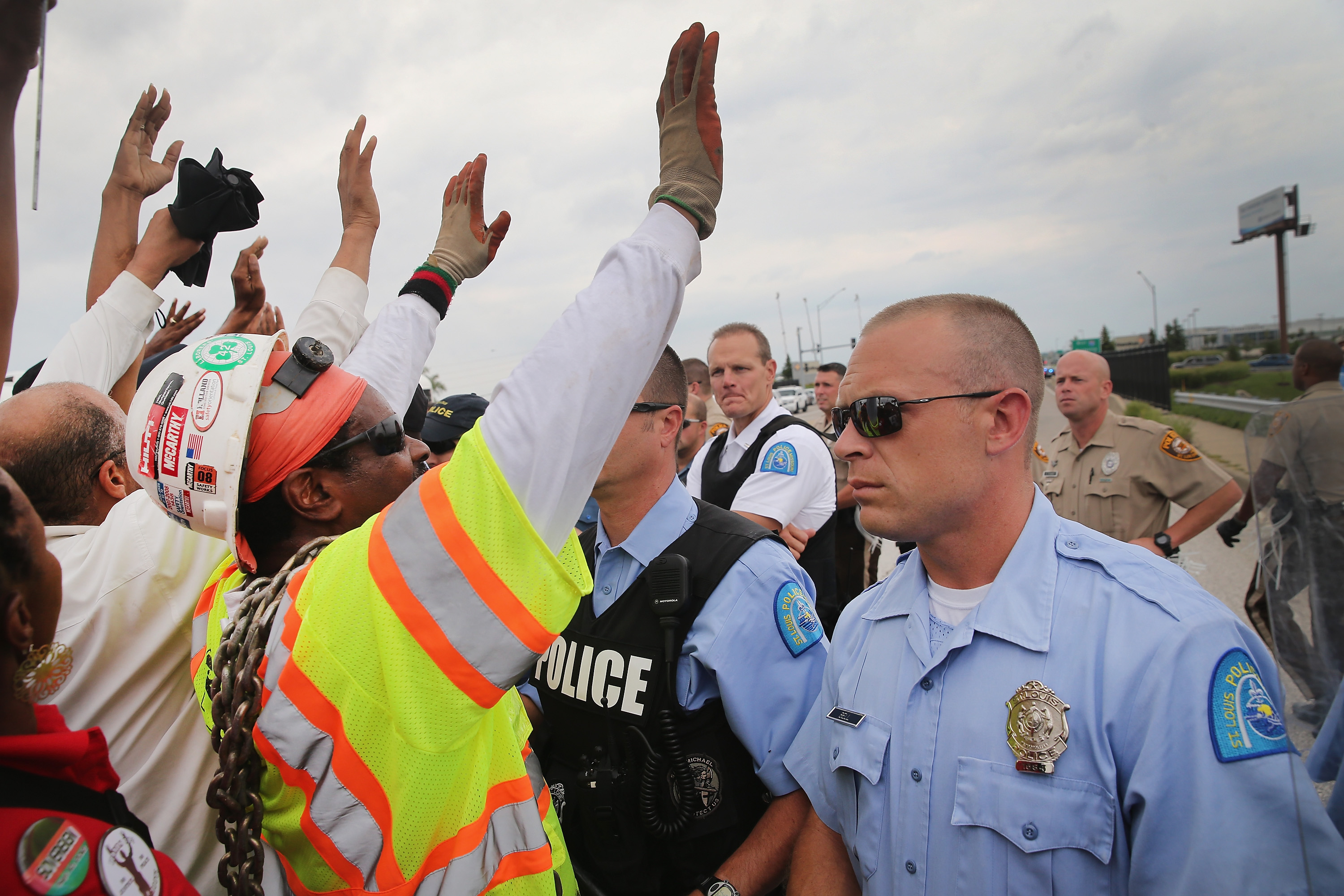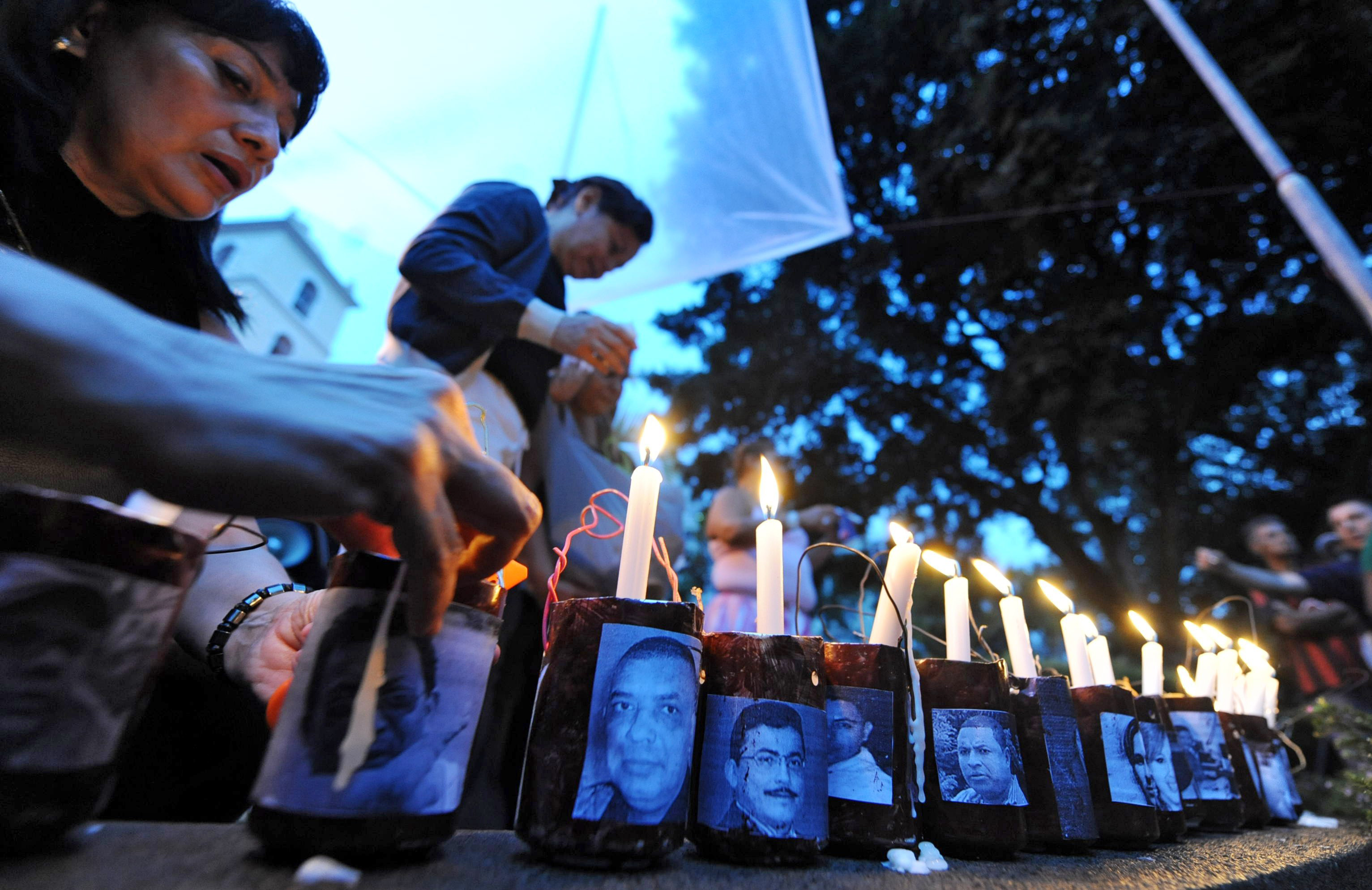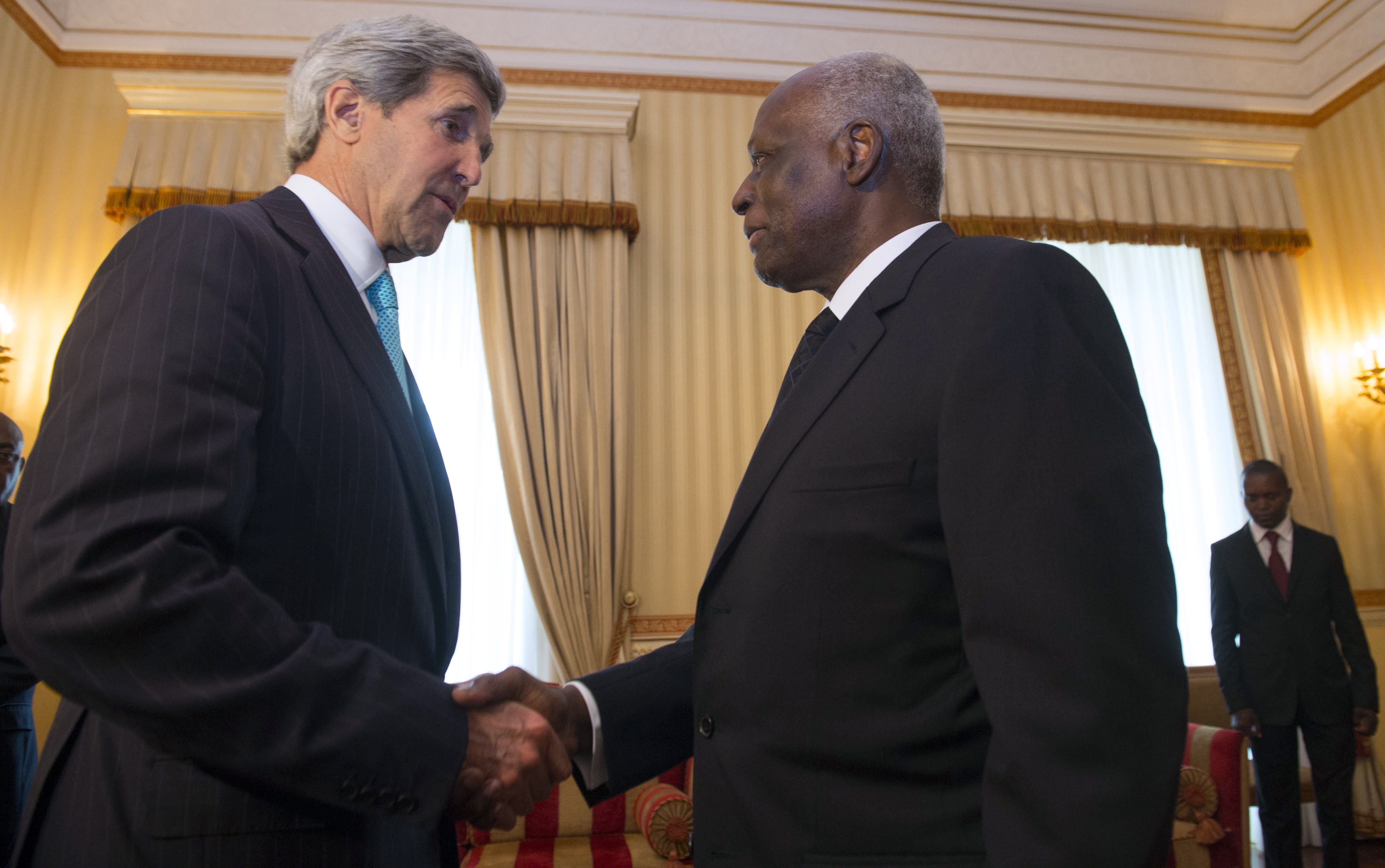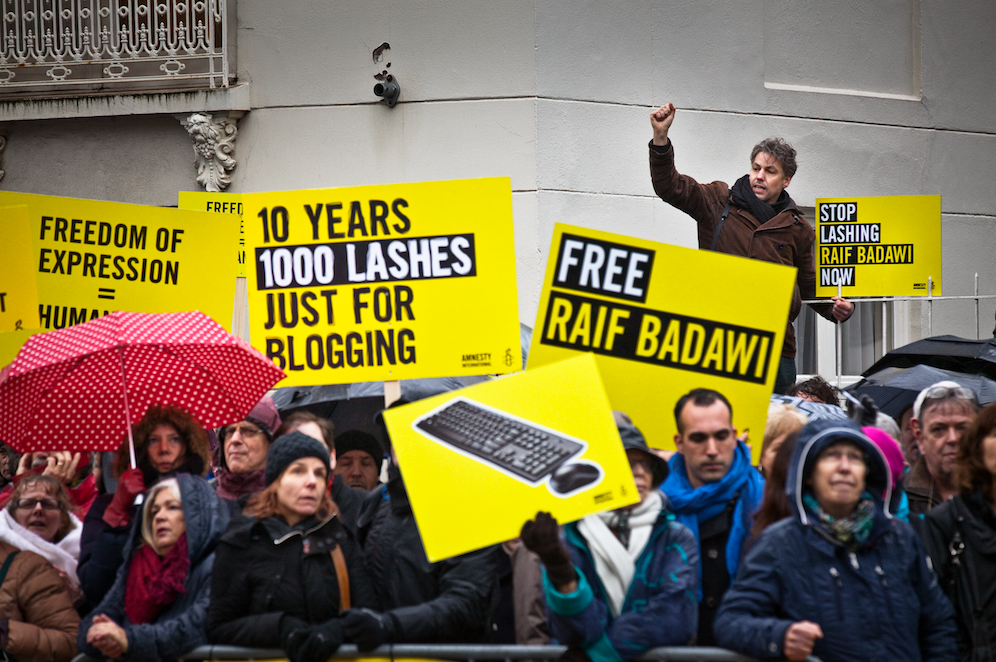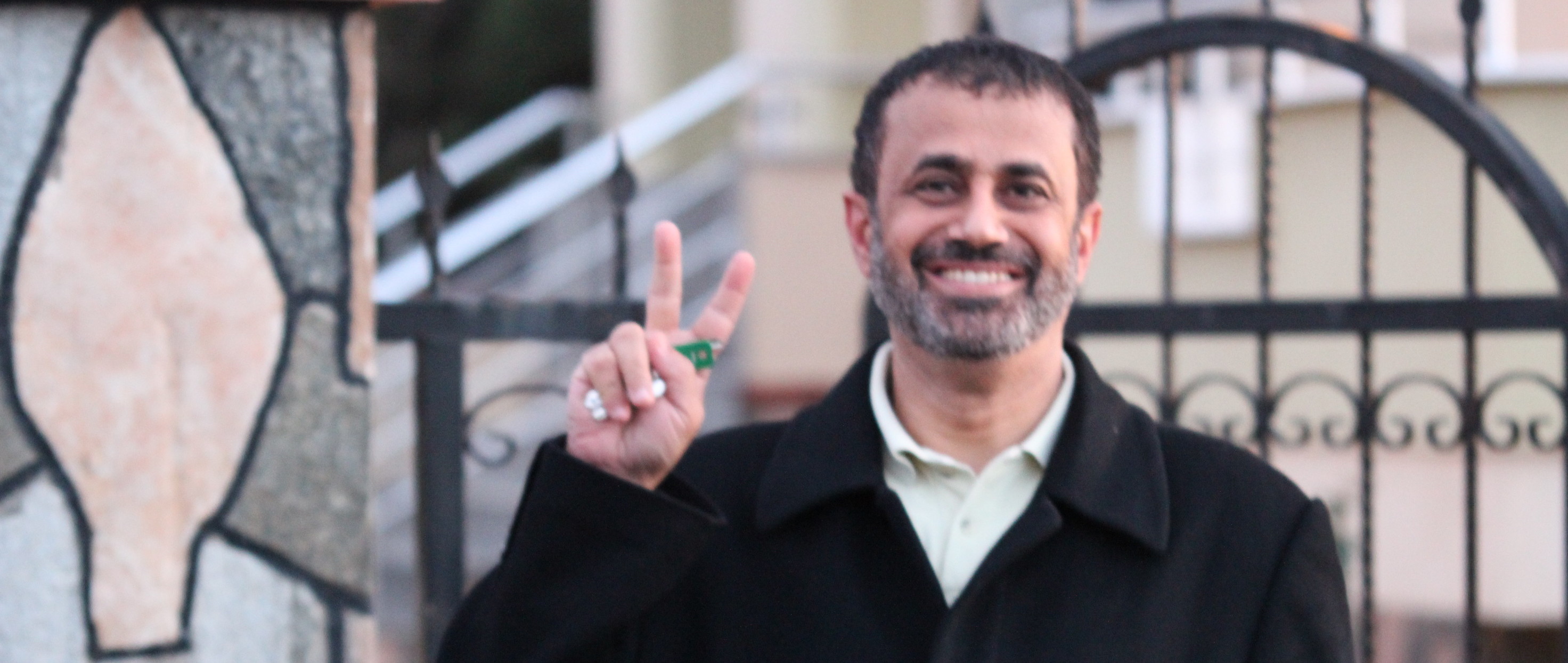
By Mansoureh Mills, Amnesty International campaigns on UAE, Iran and Kuwait
Sunday 12 April 2015 marks 1,000 days since Dr Mohammed al-Roken was locked up in the United Arab Emirates (UAE), following a massive crackdown on political and human rights activists. Across the world, Amnesty campaigners are doing all they can to fight for his release.
“You taught me the importance of trying to change things that look unjust,” Christian, Canada.
For the past two weeks, I’ve read and counted around 4,000 beautiful cards and letters for human rights lawyer and law professor Dr Mohammed al-Roken. He was sentenced to 10 years’ prison in the UAE after a deeply unfair mass trial of 94 government critics and activists, and has spent much of the last 1,000 days in a high security prison in the Abu Dhabi desert. SEE THE REST OF THIS POST
